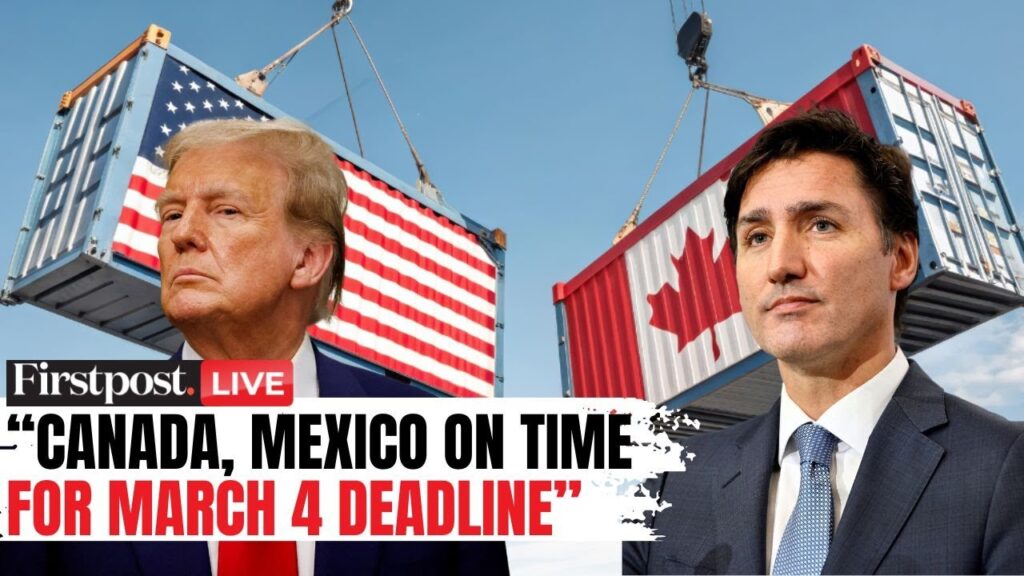
Introduction
The relationship between the United States and Canada has always been one of the most significant bilateral partnerships in the world. However, former President Donald Trump’s tenure brought a unique set of challenges and opportunities for Canada. His administration’s policies had a profound impact on trade, immigration, and environmental agreements between the two nations, leading to much debate and analysis.
Trade Relations
Under Trump’s administration, the renegotiation of NAFTA, which was a key trade agreement between the U.S., Canada, and Mexico, was one of the most notable events. In late 2019, the USMCA (United States-Mexico-Canada Agreement) was signed, replacing NAFTA. While this agreement aimed to modernize trade relations, it also included provisions that adjusted certain tariffs on Canadian products, especially in the dairy and softwood lumber sectors, causing friction among Canadian producers. Canada’s response to these tariffs was critical in assessing the overall trade dynamics with the U.S.
Diplomatic Engagements
Trump’s approach to foreign relations also affected Canada, notably in areas such as immigration and security. The travel ban initiated by Trump in early 2017 sparked concerns in Canada, especially regarding the rights of Canadian citizens and permanent residents of the U.S. Furthermore, ongoing protectionist sentiments stirred debates over Canada’s dependence on U.S. economic policies.
Climate Change Policies
On the environmental front, Trump’s withdrawal from the Paris Agreement in 2017 was disappointing for Canada, which had committed itself to climate goals aligning with global standards. Prime Minister Justin Trudeau openly criticized this decision, reinforcing Canada’s dedication to fighting climate change. This divergence in environmental policies raised questions about cross-border environmental cooperation and initiatives.
Conclusion
Analyzing Trump’s influence on Canada reveals a complex relationship characterized by periods of tension and alterations in traditional diplomacy. As Canada continues to navigate the aftermath of Trump’s presidency, its strategies in trade and foreign relations will likely evolve, especially as the 2024 U.S. elections approach. Future Canadian administrations may play a crucial role in redefining this relationship, showing the significance of understanding the legacy of Trump’s interactions with Canada for ongoing and future diplomatic engagements.






